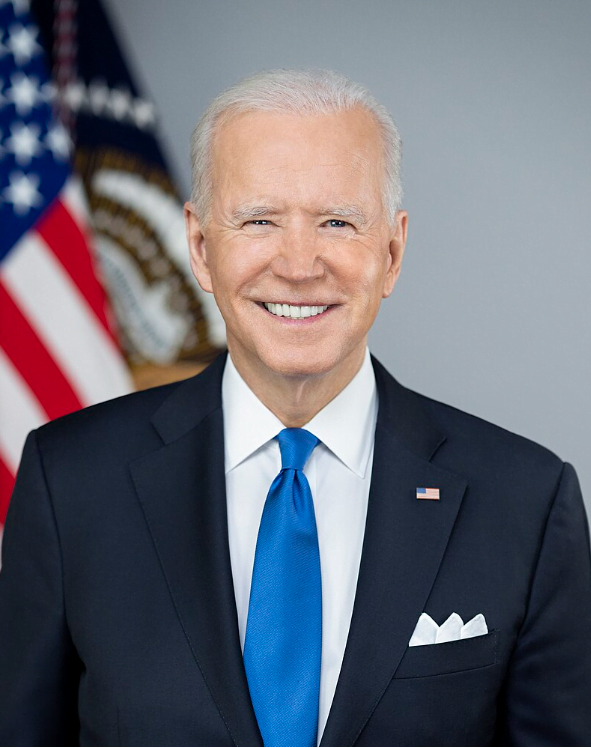In a significant shift in U.S. foreign policy, President Joe Biden has publicly issued a stern warning to Israel, linking the continuation of military aid to the country’s actions in Gaza, specifically concerning the planned invasion of Rafah. This development marks a pivotal moment in the longstanding alliance between the two nations, reflecting growing concerns over the humanitarian impact of military operations in Gaza.
President Biden’s warning came amid escalating tensions in the Middle East, with Israel’s aggressive posture towards Hamas in Gaza drawing international scrutiny. In a candid interview with CNN, Biden expressed his concerns explicitly, stating that the U.S. would withhold military supplies, including weapons and artillery shells, if Israel proceeds with its ground invasion of Rafah. This city, a crucial Hamas stronghold, is currently home to over a million displaced civilians, intensifying the stakes of any military action.
The U.S. President’s stance is a clear deviation from previous administrations’ more unconditional support for Israel. It also comes on the heels of Biden’s decision to pause a shipment of heavy bombs to Israel, showcasing a significant revaluation of U.S. involvement in the region’s military conflicts.
Political reactions in the U.S. have been sharply divided. Figures like Senator Bernie Sanders have lauded Biden’s move as a necessary step towards leveraging a ceasefire, while top Republican lawmakers have criticized it as a strategic error that undermines Israel’s negotiating position regarding hostage releases from Hamas.
Global Perspective
Internationally, the reaction has been equally mixed. While some view Biden’s stance as a crucial check on potential human rights abuses, others argue it might weaken Israel’s defence capabilities against Hamas, potentially destabilizing the region further.
Implications for US Foreign Policy
This development signals a potential shift in U.S. foreign policy priorities, emphasizing human rights and civilian protection over longstanding strategic alliances. The move could redefine U.S. engagement in global conflicts, particularly in how it balances national security interests with international humanitarian standards.
As the situation unfolds, the global community watches closely to see how this recalibration of U.S.-Israel relations will affect the broader dynamics of the Middle East. Biden’s conditional approach to military aid represents a significant moment in U.S. foreign policy, potentially setting the stage for future diplomatic engagements across the globe.
Further Reading and Resources
- History of US-Israel Relations – A comprehensive timeline and analysis of the diplomatic and military ties between the U.S. and Israel.
- Global Reactions to Biden’s Foreign Policy – Analysis of global perspectives on President Biden’s foreign policy decisions and their implications for international diplomacy.
